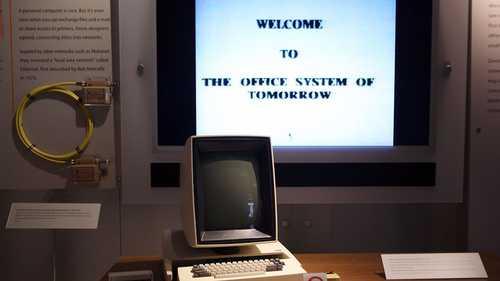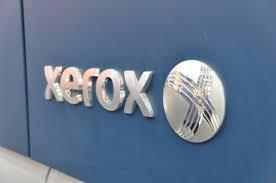How to avoid the ‘competency trap’
Curated from: bbc.com
Ideas, facts & insights covering these topics:
5 ideas
·3.98K reads
15
1
Explore the World's Best Ideas
Join today and uncover 100+ curated journeys from 50+ topics. Unlock access to our mobile app with extensive features.
The Competency Trap
The company having the original PC technology back in the 70s was Xerox. This was a time when their photocopiers were a worldwide hit, and even their brand name ‘Xerox’ was used as a verb. They had a research centre to develop new technologies, where they invented the PC (similar to what we see even today) and a graphical word processor. But even after inventing futuristic products, which were inspirations for what Steve Jobs and Bill Gates did for the computing industry, Xerox failed to capitalize or commercialize them.
Past success and entrenched expertise prevented the pioneers of great technology to deal with a changing, uncertain and fast-moving market. Xerox forgot to grow, evolve, stay nimble and keep an eye out for the changing market dynamics.
205
1.01K reads
The Problem Of Success
Successful organizations start having rigid corporate cultures, which crumble when the outside world evolves, which is always inevitable.
The rules and assumptions that companies operate on, become embedded, making the employees blinded from any potential future innovations.
194
923 reads
The Sunk-Cost Bias
... is a reluctance to give up on the past spendings and investments made on projects or products that are no longer providing any return.
The managers are usually unable to make strong decisions and keep adding costs to failed (or about to fail) projects.
181
683 reads
Failing To See The Future
- AT&T invented the telephone and began working on mobile communication as early as the 1940s, yet it was Motorola which eventually created the first hand-held cell phones for the mass market.
- Kotak, the film company, had a digital camera sensor ready in the 80s, yet chose to continue focusing on film and film-related products, as it was the cash cow of that time.
167
655 reads
The Competency Trap: Lessons
- Companies which have the potential for falling in the competency trap may require an overhaul.
- Old-school managers who are blinded from future innovations need to be updated.
- Employees and managers should work within the research and development departments for some time to help them let go of their cognitive rigidity.
- Freshers and junior employees have innovative viewpoints and need to be heard by senior management.
182
711 reads
IDEAS CURATED BY
Samantha Q.'s ideas are part of this journey:
Learn more about leadershipandmanagement with this collection
How to showcase your skills and experience
How to answer common interview questions
How to make a good first impression
Related collections
Similar ideas
Read & Learn
20x Faster
without
deepstash
with
deepstash
with
deepstash
Personalized microlearning
—
100+ Learning Journeys
—
Access to 200,000+ ideas
—
Access to the mobile app
—
Unlimited idea saving
—
—
Unlimited history
—
—
Unlimited listening to ideas
—
—
Downloading & offline access
—
—
Supercharge your mind with one idea per day
Enter your email and spend 1 minute every day to learn something new.
I agree to receive email updates

